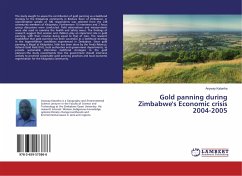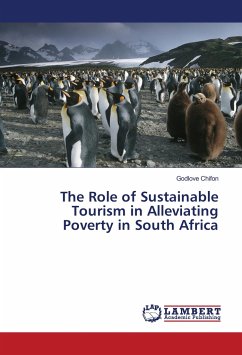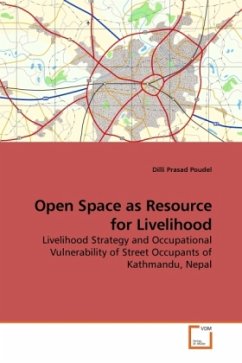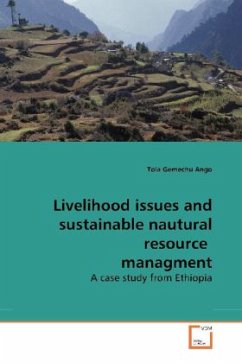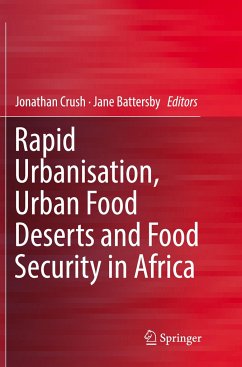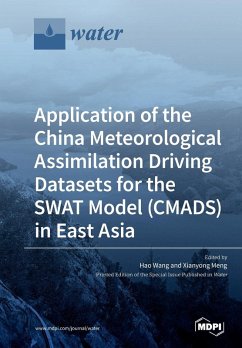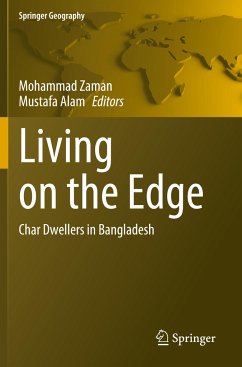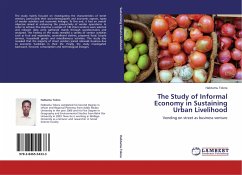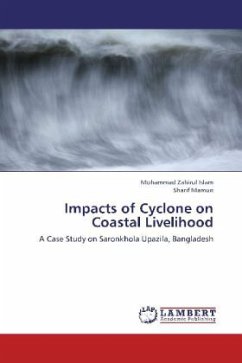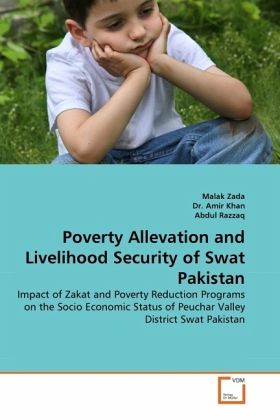
Poverty Allevation and Livelihood Security of Swat Pakistan
Impact of Zakat and Poverty Reduction Programs on the Socio Economic Status of Peuchar Valley District Swat Pakistan
Versandkostenfrei!
Versandfertig in 6-10 Tagen
32,99 €
inkl. MwSt.

PAYBACK Punkte
16 °P sammeln!
Poverty is one of the major problems in the world. Currently over one third of the population of Pakistan is living under the poverty line. In Pakistan various economic empowerment programs have been lunched to improve the socio economic profile of the peoples. The current study was conducted in 2008-2009 to investigate the impact of government poverty alleviation programs on the people of Peuchar Valley, Swat. The random sampling techniques were adopted and two hundred individuals and nine group questionnaires were filled from key informed person of nine Villages. The study revealed that majo...
Poverty is one of the major problems in the world. Currently over one third of the population of Pakistan is living under the poverty line. In Pakistan various economic empowerment programs have been lunched to improve the socio economic profile of the peoples. The current study was conducted in 2008-2009 to investigate the impact of government poverty alleviation programs on the people of Peuchar Valley, Swat. The random sampling techniques were adopted and two hundred individuals and nine group questionnaires were filled from key informed person of nine Villages. The study revealed that majority of Peucharine tribes is illiterate, jobless and living below poverty line. It has been concluded from the study that some relationship found between government poverty alleviation programs and socio economic status of the peoples which enhance and improve the livelihood security of the area. The study suggested that there are certain inadequacies and inequities in the Poverty reduction programs and Zakat system which must be removed to improve the socio economic conditions of local community in the Valley.



